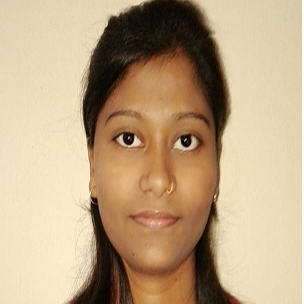
Sunita Saha
Work place: Department of Computer Science and Engineering, NERIST, Nirjuli, 791109, India
E-mail: saha.sunita92@gmail.com
Website:
Research Interests: Applied computer science, Computational Science and Engineering, Computer systems and computational processes, Computer Architecture and Organization, Theoretical Computer Science, Data Structures and Algorithms
Biography
Sunita Saha: Post-graduate student of Computer Science and Engineering from NERIST, Arunachal Pradesh, India.
Author Articles
Evaluation of Network Parameters of a Sensor Node Deployment Strategy in Wireless Sensor Network for Hilly Terrains
By Sunita Saha
DOI: https://doi.org/10.5815/ijitcs.2019.01.04, Pub. Date: 8 Jan. 2019
The localization of sensor nodes in a Wireless Sensor Network (WSN) can be examined by the resultant network parameters of covered sensing area and superimposed area. The measurement of covered sensing area is out of the total surface area how much geographical area can be sensed by the placed sensors and superimpose area is out of the total coverage area how much area is sensed or covered by more than one sensor node. A Wireless Sensor Network can be claimed to be productive only if it produces a good degree of coverage area with respect to less superimposing area and with the use of minimum sensor count also a degree of connectivity. To ensure the performance it is important to place the sensor nodes in a Wireless Sensor Network in its appropriate location. The placement of sensor nodes in 3D Wireless Sensor Network deals with complex mathematical modeling and higher sensor count compared to 2D Wireless Sensor Network. In this paper computation of actual covered area and superimposing area are highlighted after designing a network with a particular node placement method for Hilly Surfaces.
[...] Read more.Other Articles
Subscribe to receive issue release notifications and newsletters from MECS Press journals